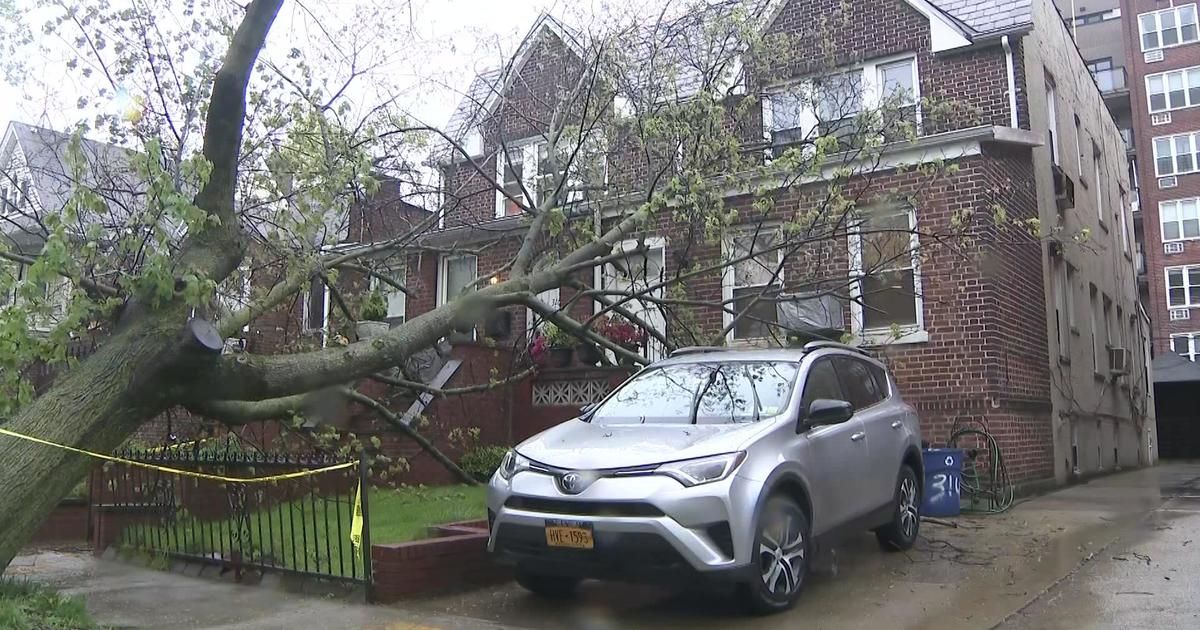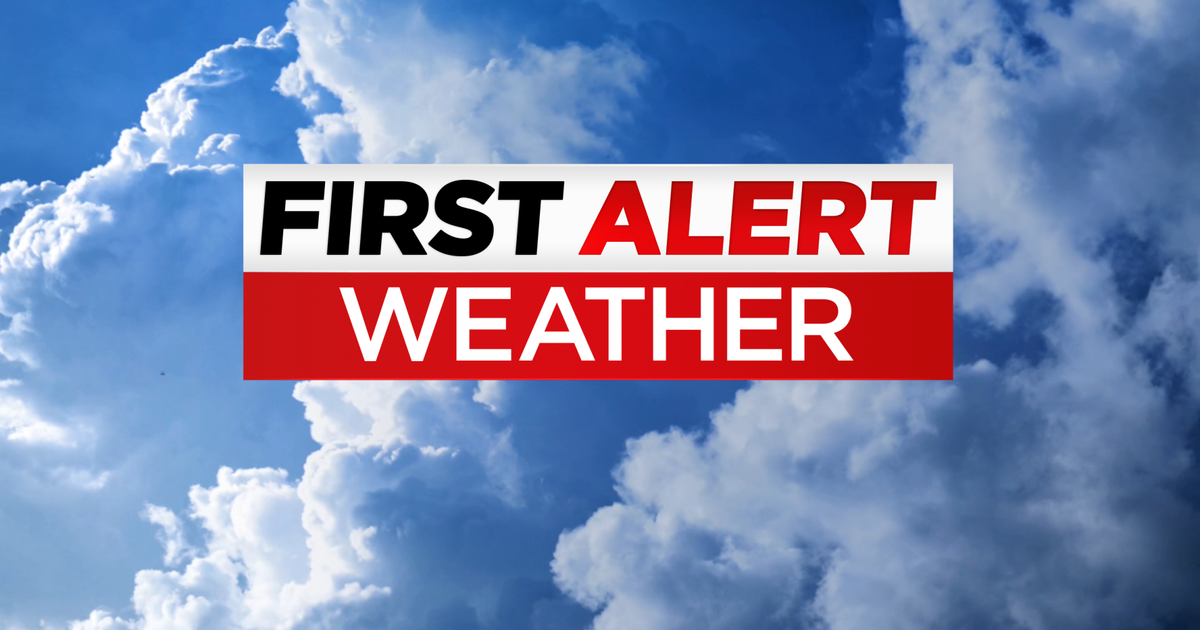GM Offering May Leave Out Many Small Investors
NEW YORK (AP) -- When General Motors finally offers stock to the public later this week, small investors will probably be left out in the cold.
Pension funds, mutual funds and other big institutions all want a piece of the rehabilitated GM. That means the three dozen banks divvying up the new shares may not have much left for individual investors.
And being left out of the initial public offering can mean being left out of some big profits: Shares of newly public companies sometimes jump 10 percent or more on the first day of trading, handing easy money to those lucky enough to get access at the offering price.
"Wall Street is only begrudgingly involving individual investors," laments David Menlow, founder of research company IPOfinancial.com. The attitude is it's "our ball and our rules."
The most important rule of all: The banks handling IPOs -- called underwriters -- get to pick who gets the shares at the offering price. And critics say those shares often go to favored clients or potential clients -- that is, institutions that pay lots of trading commissions to the banks, not the small fry.
"It's still the good-ole-boys network," says Menlow. "As much as the firms would argue to the contrary, it's still, 'How much business are you doing with us?"'
The GM sale Thursday is one of the largest and most anticipated IPOs in years. Up for grabs are 478 million shares and a piece of an iconic American manufacturer. The biggest seller is the U.S. government, which hopes to cut its ownership from 61 percent to 33 percent or less. The government got the stake in exchange for help in saving GM from near collapse with $51 billion in taxpayer money.
That the small guy had to rescue the company when it was sick but could get shut out now that it's healthy has rankled some investors. The U.S. government had said it wanted small investors to have an opportunity to invest in the IPO, though it never specified just how many shares would be made available.
Of course, a successful return by GM to the public markets should be celebrated. Though it's not certain Washington will get all its money back, a successful IPO at least makes it more likely. And a lot of small investors shut out of the IPO will have money in mutual funds allowed to buy.
Issues of fairness aside, IPO experts note it's unusual for individual investors to get many shares at offering prices. In fact, it's so unusual that when a lot are offered, everyone assumes they're only getting them because big, sophisticated investors have spurned them first. "It's a winner's curse," says Matt Therian of Renaissance Capital, a research firm that tracks IPOs.
GM shares were originally expected to go public at $26 to $29 a share. But then investment banks got orders from professional investors at big institutions for much more than were up for sale. So they raised the offering price to $32 to $33 a share.
On Tuesday, the company increased the number of shares it plans to sell by 113 million, or a third more. If GM's sale of preferred shares that convert to common stock is included, the offering could have a total value of $21.6 billion. That would be the largest IPO in U.S. history, topping Visa Inc.'s $19.7 billion offering in 2008.
After the IPO, the government needs to sell the rest of its shares at an average of about $53 apiece over the next two to three years to break even on the GM bailout.
With demand so high, brokers serving individual investors are getting shortchanged. Charles Schwab spokeswoman Sarah Bulgatz says the broker wasn't able to get its hands on enough shares and so is sitting out the IPO. Scottrade confirms it will not be participating either. Fidelity says it got shares from the underwriter Deutsche Bank but that it would offer them only to select customers like those with $500,000 in assets at the firm, for instance, or who make 36 trades a year.
Scott Sweet of IPO Boutique says he expects 20 percent of the offering to go to individual investors who are the underwriters' prized customers. That's not unusual for IPOs. The details of who gets how much are sometimes not decided until a few hours before the offerings. Banks handling the IPO include JPMorgan Chase, Morgan Stanley and Goldman Sachs.
For all the criticism of the clubby world of stock offerings, actually pulling one off is difficult. Price the shares too low and the company doesn't raise much money. Price them too high and the stock might fall on the first day of trading. That could leave investors wary of buying future offerings of stock in the company, called secondaries.
Getting the price right is one reason why underwriters seek out big investors. They know big investors can commit to buying blocks of stock, and then hold onto them.
The GM sale Thursday is the first of several that will allow Washington to whittle down its stake.
If you're disappointed you can't buy at GM's offering price, take heart: New shares are a bargain even a few hours after offered, according to data from Renaissance Capital. It has compiled a stock index tracking IPOs not from their offering price but from the close of their first day of trading. In the past year, the index has returned 19 percent.
(Copyright 2010 The Associated Press. All Rights Reserved. This material may not be published, broadcast, rewritten or redistributed.)



